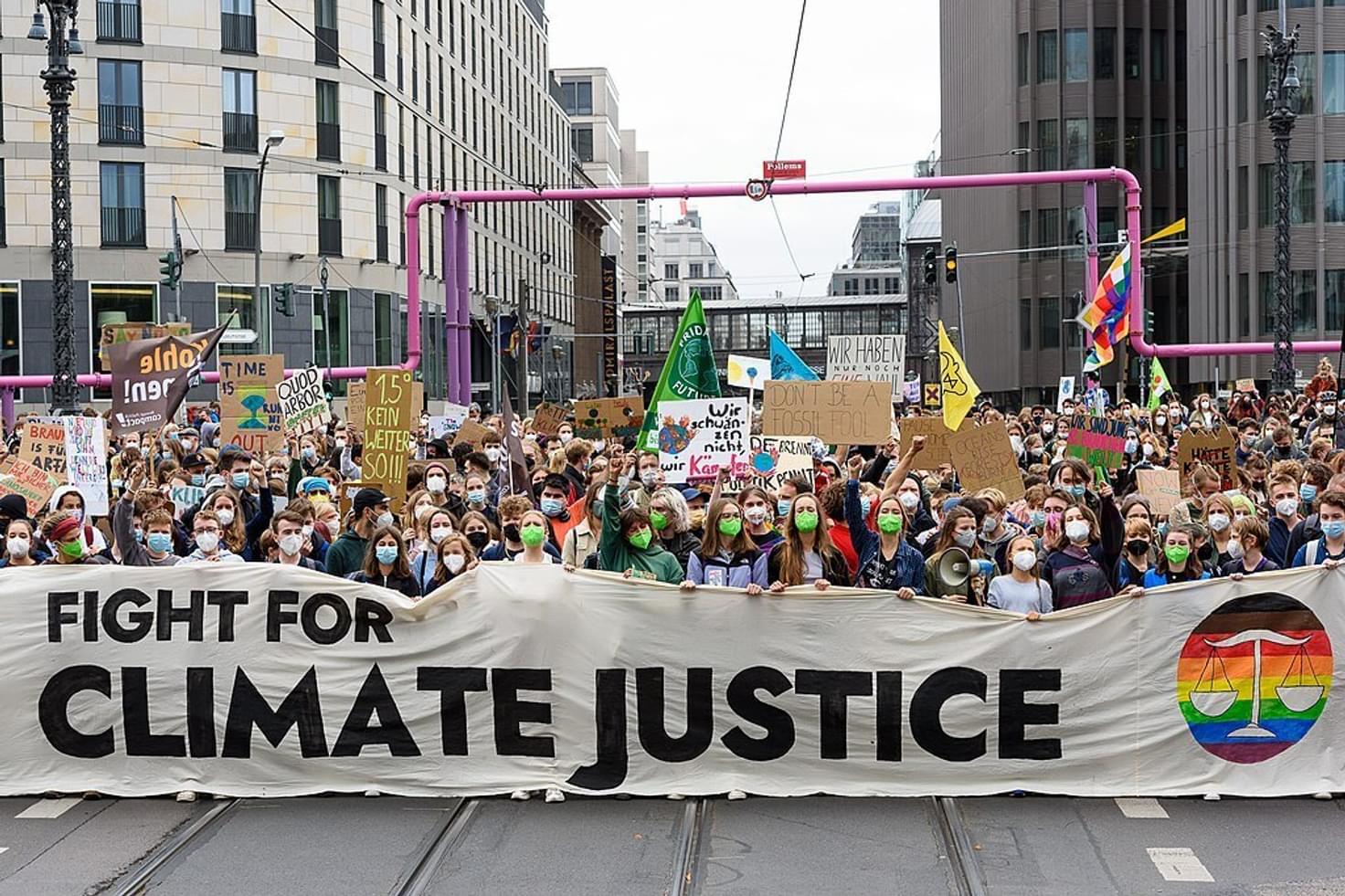
Words by Tess Becker
No division of land or culture is invincible from the potential impacts that will come without climate action.
Climate resources and information is spread far and wide, with global events like the annual United Nations Climate Change Conference dominating news cycles when it comes around. There’s one problem though, that most of those climate change resources come in just a few languages... usually English.
That’s where the youth-led non-profit Climate Cardinals comes into view.
“The origins of the organization come from Sophia Kianni,” Climate Cardinals' Partnerships Director, Hikaru Hayakawa, tells Smiley News. “When she was in middle school, she would go visit her family in Iran, and her family lives in Tehran, the Capitol, which at times is very polluted.
“Her family members didn't necessarily have the language to speak about what was happening, so Sophia would translate climate and environmental research into Farsi so her relatives could understand. That's where the idea of Climate Cardinals came from.”
Since its founding over three years ago, the organization – along with its over 9,000 volunteers – has helped translate climate research across 41 countries and has reached over 500,000 people with over 750, 000 words of climate information translated. They’ve translated climate information into over 100 languages.
They have taken translation requests from all over the world including the Italian government, several UN agencies, and more youth non-profits.
“We're currently working on translating a UN general comment on the rights of children with respect to climate change too,” Hikaru says.
Since most of their volunteers are US-based, they’ve had a much higher capacity for translation into languages common in the country, but they’re making active efforts to translate into minority and indigenous languages.
They particularly want to focus on these communities because they’ll be disproportionately affected by climate change.
“Immediately prior to my time at Climate Cardinals, I studied abroad in North Macedonia on a State Department scholarship, where there's a very active environmental movement because the capital of North Macedonia, Skopje, is one of the most polluted cities in the world,” Hikaru says. “A lot of the information that youth were accessing was not in Macedonian or Albanian but in English.
“It's less likely that they speak English, which means that this information isn't accessible to a large section of the population If you think about that, in terms of a global context, there’s a massive amount of people we miss.”
One of the main ways they’ve been doing that is helping people set up Climate Cardinal chapters, so they can translate climate research in communities that the larger organization doesn’t have the manpower to reach. They host events, usually about specific topics that bring people together to focus on climate action in their communities.
“Last year we hosted an event with an international nonprofit on environmental justice and the impact of climate change on frontline communities, especially in the Pacific Islands,” Hikaru says. “A lot of our directors also speak at different events.”
In general, the organization just wants to make climate justice as accessible as possible.
“Through creating a more accessible movement, we're able to make sure that there's a broader coalition that's able to work on these issues, and that there's a more comprehensive understanding by the movement of how disadvantaged and underserved communities are impacted,” Hikaru says.